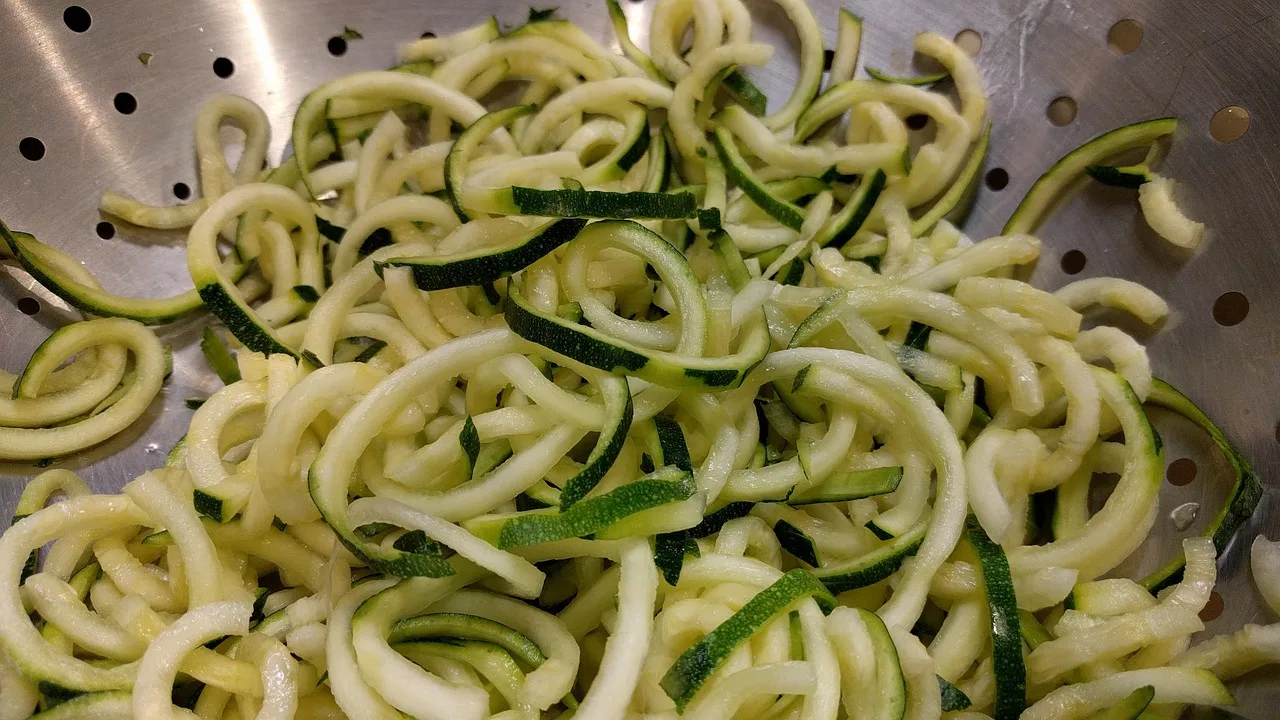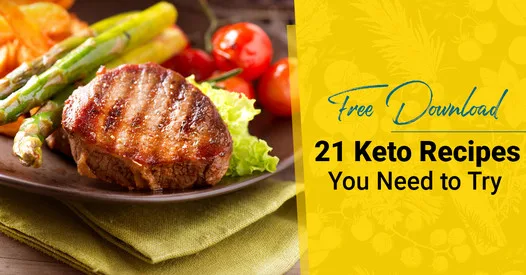Have you embarked on a ketogenic diet for weight loss, and are curious about the role of protein? Your curiosity is well-placed. In the fascinating world of weight loss and ketogenic diets, protein plays a pivotal role. The article “Benefits Of High Protein In Keto Weight Loss Journey”, navigates you through the myriad benefits of incorporating high protein in your ketogenic weight loss journey, highlighting its critical role in improving your metabolism, promoting satiety, and preserving muscle mass while shedding unwanted body fat. You’ll gain a unique perspective on how adding more protein to your keto diet can aid in your weight loss goals, turning this into a more achievable and sustainable endeavor.
Understanding the Keto Diet
Defining the Keto Diet
As you probably already know, a ketogenic or keto diet is a high-fat, adequate-protein, low-carbohydrate diet. This type of diet forces your body to burn fats rather than carbohydrates. Normally, the carbohydrates contained in your food are turned into glucose or sugar, which is then transported around your body for energy. But if there’s little carbohydrate in your diet, the liver converts fat into fatty acids and ketone bodies, putting your body into a state called “ketosis.”
Differences Between Keto Diet and Other Diets
The primary difference between the keto diet and other diets is where the body gets its energy. In typical diets, carbohydrates serve as the main source. These include diets like the Atkins and Zone diet. While a keto diet also restricts carb intake, the emphasis is on high consumption of healthy fats, such as avocados, coconut oil, and fatty fish. This is different from most diets which tend to limit fat heavily.
Basics of the Keto Diet: High Fat, Moderate Protein, Low Carbs
To understand the keto diet better, you need to know the basics. It’s built on a foundation of consuming high amounts of fat, moderate amounts of protein, and a very low intake of carbs. This balance puts your body into a state of ketosis, where it starts using stored fat and dietary fat for energy instead of relying on carbohydrates.
Importance of Protein in the Diet
Role of Protein in the Body
Protein plays a critical role in your body. It repairs and builds tissues, makes enzymes and hormones, and is essential for building bones, muscles, cartilage, skin, and blood. Without suitable protein consumption, your body cannot function well.
Differences Between Protein and Other Macronutrients
Protein differs from other macronutrients like fat and carbs. It’s not stored in your body for later use, so it needs to be regular part of your diet. While both carbs and fat can be stored and used for energy later, The primary role of protein is building and repairing tissues.
How Protein can be used for Energy
When there are not enough carbohydrates available, protein can be converted into glucose through a process called gluconeogenesis. This glucose can then be used to provide energy. However, this is not the ideal or primary role of protein in your body.
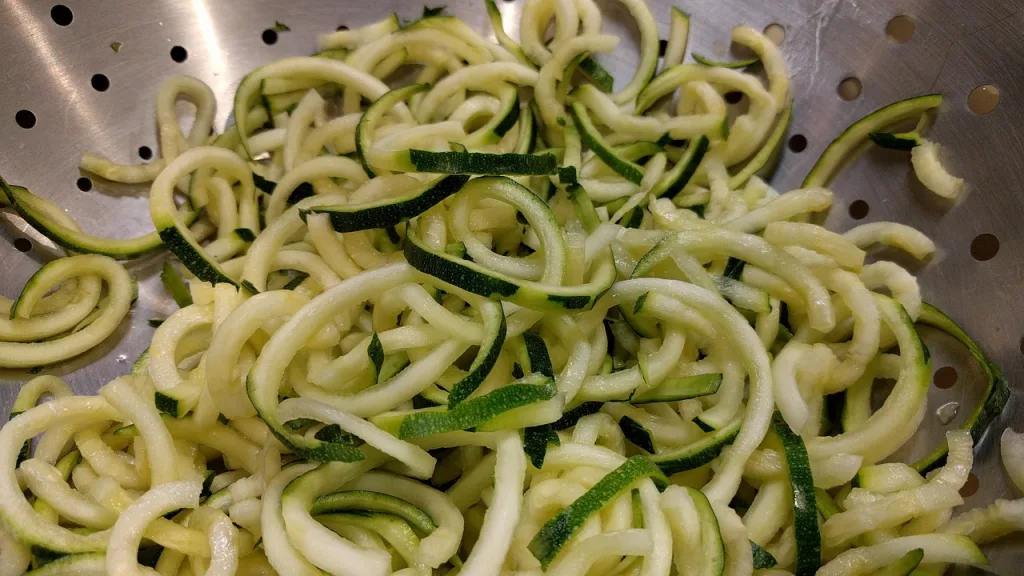
Protein’s Role in the Keto Diet
Ratio of Protein in a Typical Keto Diet
The typical keto diet is built around a ratio of high fats, moderate protein, and low carbohydrates. The amount of protein can vary, but generally, it makes up about 20% of daily calories. High fat foods make up about 70% of your caloric intake, and the other 10% comes from carbs.
Why Protein is Crucial in a Keto Diet
Protein is crucial in a keto diet because it helps preserve muscle mass while your body burns fat for fuel. Without protein, you risk losing muscle mass on a high-fat, low-carb diet. This is especially true during the initial stages of the diet when your body is adjusting to using fat as its primary energy source.
The Concept of Moderate Protein Intake in a Keto Diet
One important thing to understand about the keto diet is the concept of “moderate” protein intake. Too much protein can kick you out of ketosis, and too little can lead to muscle loss. The goal is to find the right balance where your body can stay in ketosis while maintaining muscle mass.
Benefits of High Protein in Weight Loss
Protein’s Impact on Metabolism
High protein intake can boost metabolism significantly, helping you burn more calories throughout the day. Protein requires more energy for your body to digest than fats or carbohydrates, which results in more calories burned during digestion. This is called the thermic effect of food.
How Protein Increases Satiety and Reduces Hunger
Notably, protein helps increase the feeling of fullness, which can lead to a reduction in overall calorie intake. This is because protein reduces levels of ghrelin, the hunger hormone, and boosts peptide YY, a hormone that makes you feel full.
Protein’s Effect on Muscle Mass During Weight Loss
A high-protein diet also preserves lean muscle mass during weight loss. This is important because muscle mass burns more calories than fat tissue, even at rest. So, by preserving muscle mass, a high protein diet can increase your calorie burn and make it easier to maintain weight loss in the long term.

Incorporating High Protein Foods in Keto Diet
Types of High Protein Foods Suitable for Keto Diet
high protein foods that fit into the ketogenic diet include fatty cuts of meat, poultry, fatty fish, eggs, cheese, and nuts. All these foods also contain healthy fats that align with the high fat requirement in keto.
Meal Planning for High Protein Keto Diet
Meal planning for a high protein keto diet involves striking a balance between protein, fat, and carbs. Your meals should mainly focus on protein sources, healthy fats, and low-carb vegetables.
Issues to Be Mindful of When Increasing Protein on a Keto Diet
When considering increasing protein intake on a keto diet, be aware that too much protein can kick you out of ketosis. This happens because excessive protein can be converted into glucose, which your body may start using for energy instead of fats.
How High Protein Affects Ketosis
Understanding Ketosis
Ketosis is a human body’s state where it’s burning fat rather than carbohydrates for energy. When carbohydrate intake is low, your body switches to this fat burning mode, and you start producing ketones, a byproduct of fat metabolism.
Striking a Balance Between Protein and Ketosis
Striking a balance between protein and ketosis is crucial on a ketogenic diet. You need enough protein to maintain muscle mass and satiety, and yet too much can affect ketosis. finding the right amount of protein intake can be an individual thing, usually determined through experimentation.
Potential Risks of Excessive Protein Intake on Ketosis
Excessive protein intake can potentially disrupt ketosis. This is because excess protein can be converted into glucose via the gluconeogenesis process, which can, normal blood sugar and insulin levels, potentially driving you out of the desirable state of ketosis.
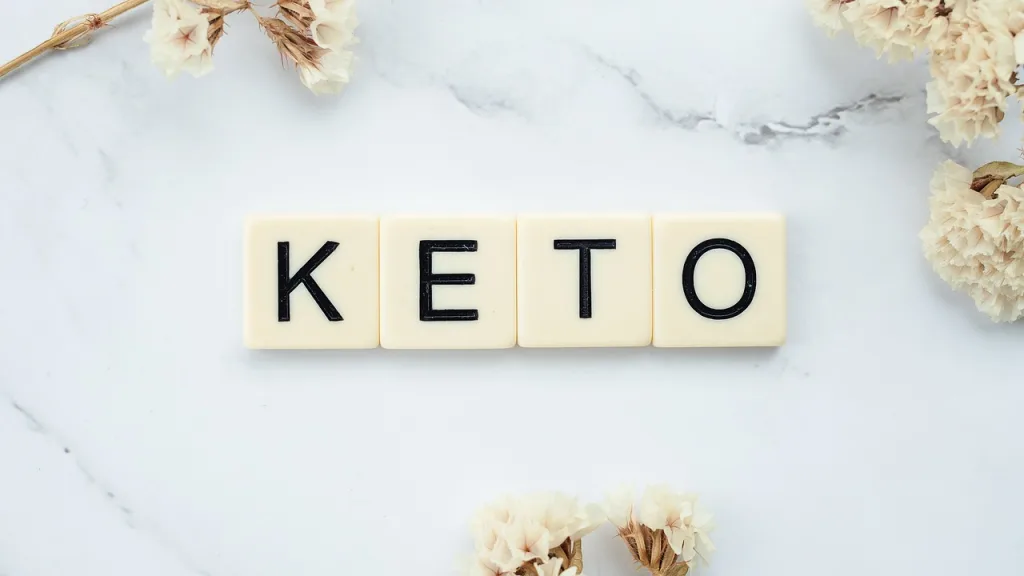
Success Stories of High Protein Keto Diet
Real Life Examples of Weight Loss with High Protein Keto Diet
Many people experienced significant weight loss on a high protein keto diet, often combined with improved energy levels and reduced cravings. Their stories provide a testament to the diet’s efficacy and often include insights into how they balanced their macronutrient intake.
The Impact of High Protein Keto Diet on Health Markers
In addition to weight loss, success stories of a high protein keto diet often include improvements in health markers such as reduced blood sugar, improvements in blood pressure, and better lipid profiles.
Challenges Faced During the High Protein Keto Weight Loss Journey
Going on a high protein keto diet journey is not without challenges. These might include initial stages of ‘keto flu’, resisting carbohydrate temptations, and finding the balance between enough protein and maintaining ketosis. However, these challenges are usually temporary and can be managed with perseverance and informed choices.
Common Misconceptions About Protein and Keto Diet
Addressing the Fears of High Protein Causing Kidney Damage
There’s a common fear that high protein diets can cause kidney damage. However, this is generally only a concern for people who already have kidney disease. For people with healthy kidneys, a high protein diet should not cause kidney damage.
The Myth of Protein Turning into Sugar via Gluconeogenesis
While it is true that excess protein can be converted into glucose through a process called gluconeogenesis, this is not an automatic process. Instead, it’s a demand-driven process. Your body only converts protein into glucose when it needs to, not simply because you’ve consumed extra protein.
Exploring the Argument of Meat-Only Diets
Some argue that a meat-only diet is what our ancestors evolved to eat, and that modern diseases are rooted in the shift away from this diet. While there are people who have seen health improvements on a carnivorous diet, it’s important to remember that many factors influence health, and diet is just one part of the bigger picture.
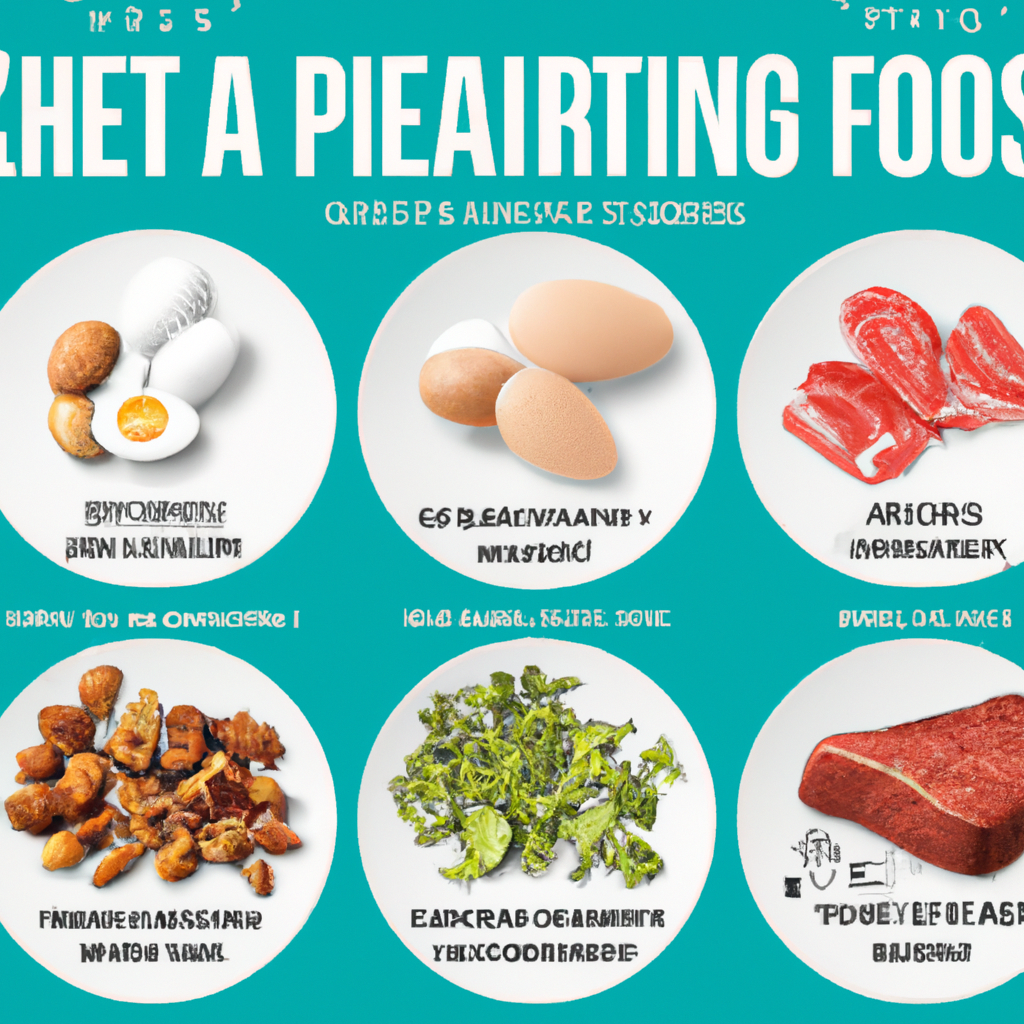
Tips for Achieving Success with High Protein Keto Diet
Checking Total Protein Intake
To succeed with a high protein keto diet, monitor your total protein intake. This will help you ensure that you’re consuming enough to maintain muscle mass and satiety, but not so much that it kicks you out of ketosis.
Adjusting Protein Intake Based on Activity Level
Your protein needs vary based on your activity level. If you’re more active, you’ll need more protein to support muscle recovery and growth. Conversely, if you’re less active, you might need less.
How to Ensure Adequate Hydration and Micronutrient Intake
When on a high protein diet, remember to drink enough water and take in a varied diet to ensure you get all the vitamins and minerals you need. Not only does adequate hydration help your kidneys process protein, but appropriate micronutrient intake can prevent deficiencies that may occur on very restricted diets.
Scientific Studies Supporting High Protein Keto Diet for Weight Loss
Overview of Research on High Protein Diets and Weight Loss
Research supports the notion that high protein diets are effective for weight loss. Studies show high-protein diets can lead to greater weight loss, better body composition, and improved metabolic health compared to other diets.
Research on Protein in the Context of the Keto Diet
Research specifically exploring protein in the context of the ketogenic diet is limited. However, existing studies suggest that a moderate protein intake can enhance the beneficial effects of the keto diet on weight loss, body composition, and metabolic health.
How Science Supports the Benefits of High Protein Keto Diets
The scientific evidence supporting the benefits of a high protein ketogenic diet appears promising, although more dedicated research is needed. By enhancing satiety, preserving muscle mass, and influencing metabolic health, a high protein intake can augment the weight loss and health benefits of the keto diet.
